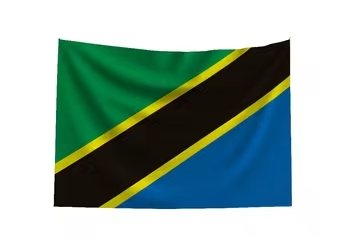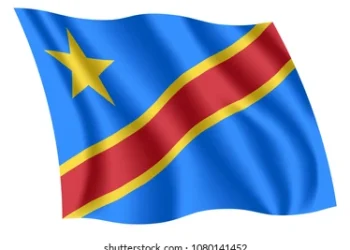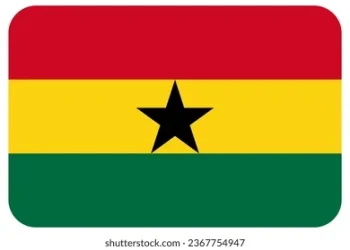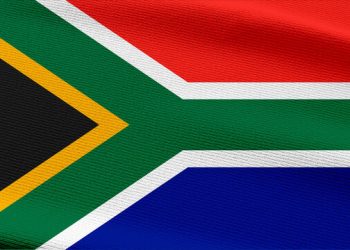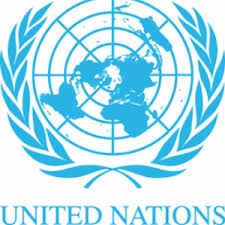The Central African Republic’s top court has cleared President Faustin-Archange Touadéra to run for another term in the December 28 election, rejecting a legal attempt to bar him on lineage grounds and setting up a closely watched vote in one of the world’s most fragile states.
A recent petition had argued that Touadéra did not meet constitutional ancestry requirements to stand for the presidency, but judges dismissed the case and validated his candidacy, along with that of opposition figure Anicet Georges Dologuélé and five other contenders.
Touadéra, first elected in 2016 and re-elected in 2021, is now seeking a third term made possible by a controversial 2023 constitutional referendum that scrapped presidential term limits and extended terms from five to seven years. Russian mercenary outfit Wagner provided security and support during that vote, which critics say entrenched Touadéra’s hold on power.
The Central African Republic was one of the first countries to host Wagner fighters, who were invited in with a mandate to push back rebel advances, secure mining zones and protect the presidency. In return, they gained access to lucrative gold and other mineral concessions. Wagner has been credited with helping prevent rebels from retaking the capital, Bangui, in 2021.
But the once-tight alliance with Moscow has grown more complicated. In August, state and military officials said Russia had pressured Bangui to replace Wagner with the state-run “Africa Corps” and to start paying cash for continued security assistance. Touadéra’s government has so far resisted, arguing that Wagner’s fighters are more effective and that paying with minerals rather than scarce foreign currency better suits CAR’s finances.
Touadéra’s reliance on Russian backing — and the opaque deals tied to mineral wealth — have drawn concern from Western governments and democracy advocates, who question how free the December vote can be while much of the country remains under the influence of foreign mercenaries and armed groups.
The Central African Republic has been in almost constant conflict since 2013, when predominantly Muslim rebels overthrew the government. A 2019 peace deal formally brought 14 armed groups into a power-sharing arrangement, but six later withdrew, and large areas of the countryside remain outside effective state control.
The court’s decision to validate Touadéra’s candidacy came the same day the U.N. Security Council extended the mandate of its peacekeeping mission, MINUSCA, for another year — a sign that the international community expects insecurity and political tensions to persist well beyond the upcoming polls.



